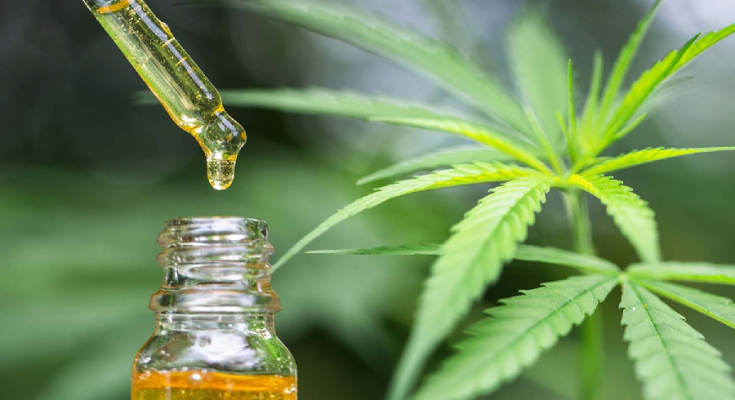Discover the research behind the dangers and advantages of CBD usage for rheumatoid arthritis, as well as where to buy.
What exactly is CBD?
CBD, abbreviated for cannabidiol, is a substance present in the cannabis plant. CBD is not psychoactive, however, it may induce drowsiness. The CBD in the majority of products is derived from hemp, a kind of cannabis that has only minimal amounts (up to 0.3 percent) of THC, the psychoactive component.
Is CBD effective for rheumatoid arthritis?
While animal research indicates that CBD has anti-inflammatory and pain-relieving qualities, these benefits have not been confirmed in high-quality human trials. Anecdotally, some individuals with rheumatoid arthritis who have taken CBD report significant pain alleviation, improved sleep, and/or decreased anxiety.
Is CBD a safe substance to consume?
CBD safety research is ongoing. At the moment, very little information is available. There have been no significant safety issues linked with modest dosages so far. CBD is believed to have the potential to interact with a number of medications frequently used by individuals with rheumatoid arthritis.
Are hemp-derived CBD products legal?
CBD produced from hemp is no longer classified as a Schedule I controlled substance under the federal Controlled Substances Act, but they remain in a legal grey area. Changes are being made at the federal and state levels that will eventually clarify the rules and regulations governing the sale and use of CBD-based products such as best CBD gummies for pain. Regardless, they are readily accessible in almost every state and online. Individuals interested in using CBD should consult their state’s legislation.
Which product category should I consider?
CBD-containing products may be consumed orally, applied topically, or breathed. Each has a number of advantages and disadvantages.
Through the mouth
CBD is absorbed via the digestive system when it is consumed in capsules, food, or liquid form. Due to the delayed start of action (one to two hours), unknown effects of stomach acids, recent meals, and other variables, absorption is sluggish and dosage is challenging.
After establishing a safe and effective capsule dosage, capsules may be used on a daily basis. Experts advise against consuming CBD via edibles such as Best CBD Gummies for the dosage is unpredictable and they are attractive to youngsters but do not come in childproof packaging. As with other medication, edibles should be kept out of children’s eyes and reach.
CBD may also be absorbed directly into the circulation by holding liquid from a spray or tincture (a liquid dosed with a dropper) for 60 to 120 seconds under the tongue (sublingual). The flavour may be unpleasant. Within 15 to 45 minutes, effects may be noticed.
On the surface
Lotions and balms are applied topically to the skin over a hurting joint. It is unclear if these products distribute CBD below the skin. Additionally, topical treatments may include common OTC chemicals such as menthol, capsaicin, or camphor, making it impossible to identify whether a beneficial impact is attributable to the CBD or another component.
Inhaled
CBD may be breathed via the use of a vaporising pen or vape pen. Inhalation of vapour oils and chemical byproducts, on the other hand, has unknown dangers, especially for individuals who suffer from inflammatory arthritis. Vaping is not advised for this reason and because the Centers for Illness Control and Prevention are examining the link between vaping and widespread hospitalizations and fatalities from severe lung disease.




